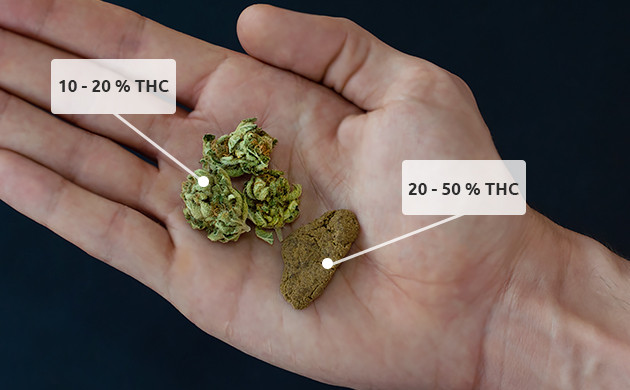
Neuroplasticity and Cannabis: How THC May Rewire Learning Pathways
The human brain is not a static organ. It has the remarkable ability to adapt, reorganize, and form new connections
FREE SHIPPING ON ORDERS OVER $99 | 10 points = $1

Natural supplements are products derived from natural sources such as plants, animals, minerals, or microorganisms. They include:
These supplements are typically marketed to support overall wellness, boost immunity, enhance mental clarity, or aid digestion. However, their legal status is different from that of pharmaceutical drugs, and this is where classification becomes important.
One of the most critical distinctions in regulatory frameworks is the difference between dietary supplements and pharmaceutical drugs:
However, if a natural supplement makes drug-like claims, such as curing a disease or treating a medical condition, it can be reclassified as a drug by regulatory agencies, leading to stricter scrutiny.
In the U.S., natural supplements are regulated under the Dietary Supplement Health and Education Act (DSHEA) of 1994. Under this law:
Claims allowed on labels are restricted to:
In the EU, natural supplements are regulated as “food supplements.” The European Food Safety Authority (EFSA) evaluates health claims and enforces strict rules on advertising and ingredient safety:
In India, natural supplements are governed by the Food Safety and Standards Authority of India (FSSAI). These are typically classified under “nutraceuticals,” “health supplements,” or “AYUSH” (Ayurveda, Yoga, Unani, Siddha, and Homeopathy) categories:
For consumers, understanding the legal classification helps in choosing safe and effective products. Key tips include:
The legal classification of natural supplements plays a crucial role in how these products are marketed, sold, and consumed. While they offer potential health benefits, their regulation varies widely across the globe. Whether you’re a consumer seeking wellness or a business entering the supplement market, understanding these legal frameworks ensures safety, compliance, and credibility. As demand grows, ongoing dialogue between regulatory bodies, healthcare professionals, and the supplement industry is essential to balance consumer access with public health protection.

The human brain is not a static organ. It has the remarkable ability to adapt, reorganize, and form new connections

In our fast-paced world, many people accumulate what’s known as sleep debt—a deficit that builds when you consistently sleep fewer